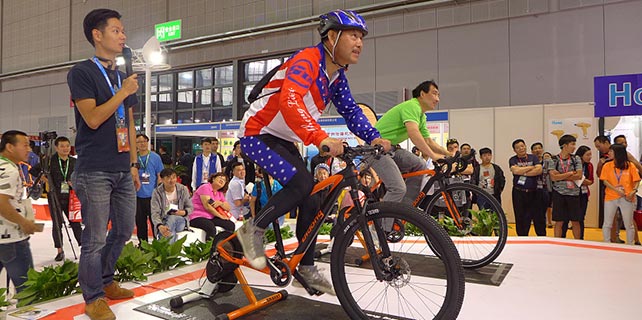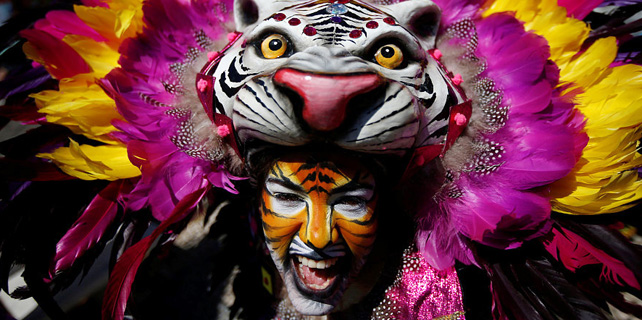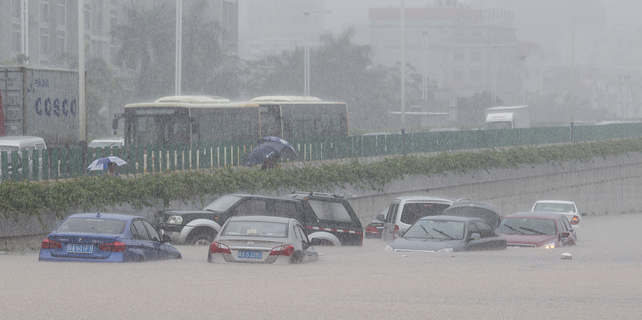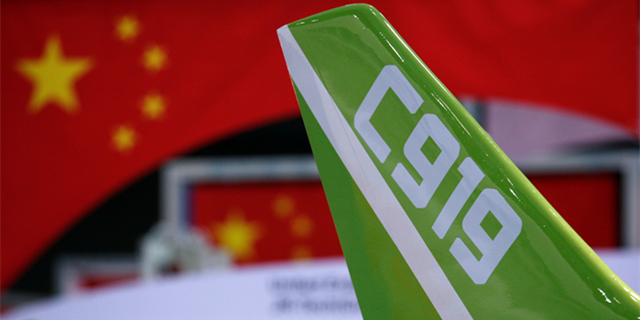Dubai's tourism goes digital
DUBAI - Dubai has increased its e-footprint in the tourism sector to pamper tech-savvy travelers, experts said at the recent Arabian Travel Market Fair in Dubai.
"One of the biggest trends in e-tourism this year is the enhancement of mobile apps, particularly in the hospitality industry," says Cody Morris Paris, associate professor of social science at Middlesex University Dubai.
For example, Dubai's tourism authority and Hong Kong-based hotel smartphone service company Tink Labs signed an agreement on April 25.
"Hotels in Dubai will offer our Handy Travel smartphones in their rooms with all the necessary apps installed to discover Dubai," says Salha Soussi, Tink Labs' senior sales manager of the Gulf Region.
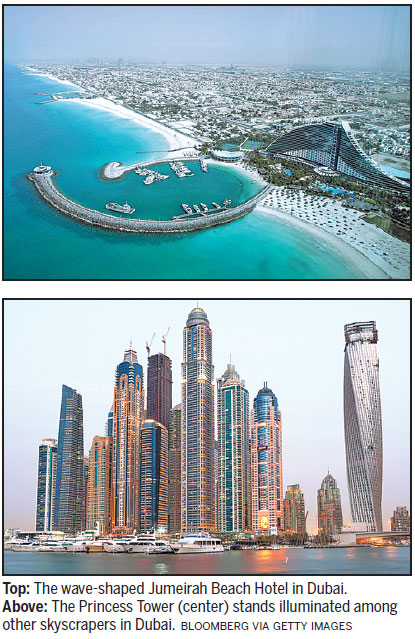
"The smartphone is provided free of charge in the room and has to be given back by the hotel guest once he checks out."
Paris says: "The clearly defined, well-executed and innovative destination-marketing campaigns emerging from Dubai tourism are very effective."
Dubai attracted nearly 15 million overnight visitors last year, a 5 percent increase over 2015, the city's tourism authority reports.
Dubai hopes to attract at least 20 million visitors by 2020, when it'll host the World Expo.
It has been running the MyDubai campaign to encourage social media users to post images of the city in recent years.
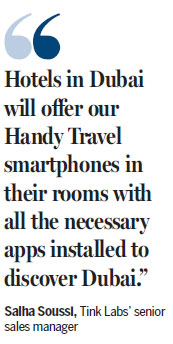
Popular attractions include the world's highest tower, Burj Khalifa, and the seven-star hotel, Burj Al Arab.
"Dubai's tourism apps Visit Dubai and Dubai Calendar address and cater to the widespread shift from desktop to mobile devices among global consumers, providing tourists information," says the tourism authority's annual report for 2016, which was released at the fair.
Over 52 million engaged with the tourism authority on social media last year, a 60 percent increase over 2015, the report says.
The number of social media followers also surged, and travel volumes increased in the first three months of 2017, year-on-year.
Dubai is the first Arab city to introduce free WiFi on public transportation like on buses and the driverless Dubai Metro as well as at popular tourism spots and public beaches.
Smartphone users can charge their devices at public Smart Palms - solar-powered, palm-shaped trees made of concrete and equipped with recharge slots for smartphones and tablets.
Paris expects such services to further develop.
"Enhancements featuring direct messaging, location-based services and other tools that allow for more personalized, direct and on-demand services will greatly enhance the level of services provided to guests, as well as provide greater efficiency in providing that service," he says.
"The UAE as a whole has one of the strongest place brands in the world and tourist-experience-enhancing technologies have been adopted by people of all ages."
Xinhua
(China Daily 05/08/2017 page22)







